Guides
Acts of ParliamentDevolved GovernmentHouse of CommonsHouse of LordsLegislative ProcessWhitehallPolitical PartiesPublic InterestThe Political Process Display All
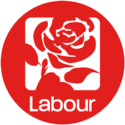

Labour Party
The Labour Party has been in power for just over a third of the period since the War. In 2019, the Labour Party had 485,000 members, making it by far Britain's largest political party. In terms of voting behaviour, the party currently polls better as a voter's level of formal education rises.Read More


Lady Victoria Starmer
A profile of Lady Victoria Starmer, the wife of the current labour leader, and former solicitor who once remarked 'Who the ***, does he think he is".Read More
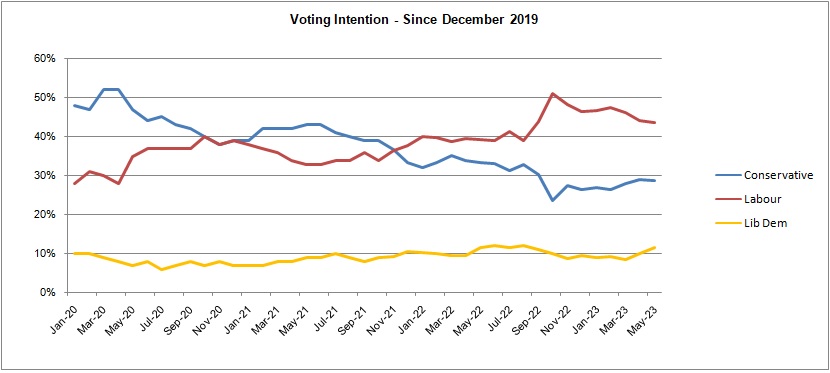

Latest UK Opinion Polls
The state of play with current UK opinion polls, how they have changed since 2019, and what the present levels of party support would mean at Westminster if a General Election was held today.Read More


Law Officers
Government Law Officers are Parliamentarians with a legal background appointed by the Prime Minister to give legal advice to Ministers.Read More


Leaders Debates
Leaders debates capture the controlled interactions of Britain's foremost politicians. They excite the political class, more than the public as a whole. In 2017, 'Britain's Got Talent' (BGT) out-competed the BBC's 2017 political debate, winning by 8.5 million viewers to 3.5 million.Read More
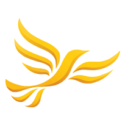

Liberal Democrats
The Liberal Democrats are a centre-left, pro-European, political party, colloquially referred to as the Lib Dems. Recently on an electoral roller coaster, the Lib Dem vote share declined from 23% in 2010 to 8% in 2015, and 11% in 2019. Lib Dems receive their highest support from 30-39-year-olds.Read More
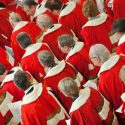

Life Peers
Life peers are elevated to the peerage by the Monarch in accordance with the advice of the Prime Minister. They comprise the 'great and the good' of the day characterised by an expertise and experience in a particular field, alongside an increasing number of former political advisors and ex MPs.Read More
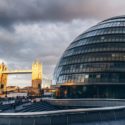

Mayor of London
The Mayor of London is responsible for transport, police, civil defence and fire services, planning, economic development and wealth creation, social development and the improvement of the environment in Greater London. In 2020/21, the Mayor earned a salary of £152,734.Read More


Mental Health Act
The Mental Health Act is the central piece of mental health legislation that lays out the circumstances that justify people being 'sectioned' in England and Wales.Read More


Ministerial Code
The Ministerial Code requires Ministers to uphold the seven principles of public life: selflessness, integrity, objectivity, accountability, openness, honesty and leadership.Read More
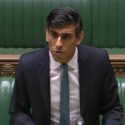

Ministerial Statements
Ministerial Statements are either delivered in writing, or orally in person by the relevant Government Minister, appearing at the Dispatch Box in the Commons Chamber.Read More
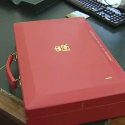

Ministers of the Crown
Members of Parliament and Peers appointed by the Prime Minister to the Government are known as Ministers of the Crown. All Ministers, of whatever rank, have a Private Office of four or more civil servants assigned to him or her on appointment.Read More


Modern Slavery Act
The Modern Slavery Act introduced tougher penalties on the perpetrators of modern slavery, as well as more extensive support for its victims. At the time of its introduction, it was suggested that as many as 13,000 people were trapped in forced labour in the UK. Read More


Money Bills
Money Bills are Bills that deal solely with expenditure. The 'privilege' of the Commons on financial arrangements has long been accepted. The Commons Speaker designates a Bill, a Money Bill, before it arrives in the Lords.Read More
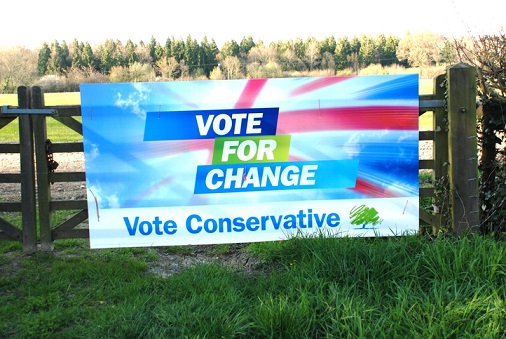

Next Conservative Leader Odds
An overview of the runners and riders in any post election race to succeed Rishi Sunak. What do the bookmakers think?Read More
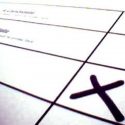

Next UK General Election
With the repeal of the Fixed Term Parliament Act, Boris Johnson will have the power to call a General Election prior to May 2024 should he wish to do so. Israel and Japan also both allow their governments to decide the next election date.Read More
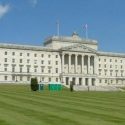

Northern Ireland Assembly
The Northern Ireland Assembly has power to legislate in a wide range of areas that are not explicitly reserved to Westminster, and to appoint the Northern Ireland Executive. The Assembly sits at the Parliament Buildings at Stormont in the east of Belfast.Read More
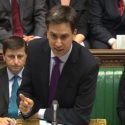

Oral Questions
Each Government Department's Ministers face oral questioning at least once every four weeks in the House of Commons. Questions on the Order Paper not reached in the time allowed receive a written answer.Read More
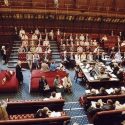

Parliament Act
The Parliament Act allows for a Bill to become law without the agreement of the Lords when certain conditions have been met. The Bill must have been introduced and passed by the Commons in two consecutive Sessions, with the Lords on both occasions actively preventing its passage.Read More


